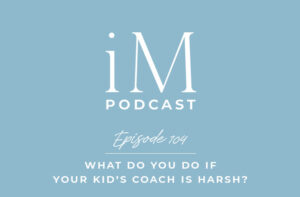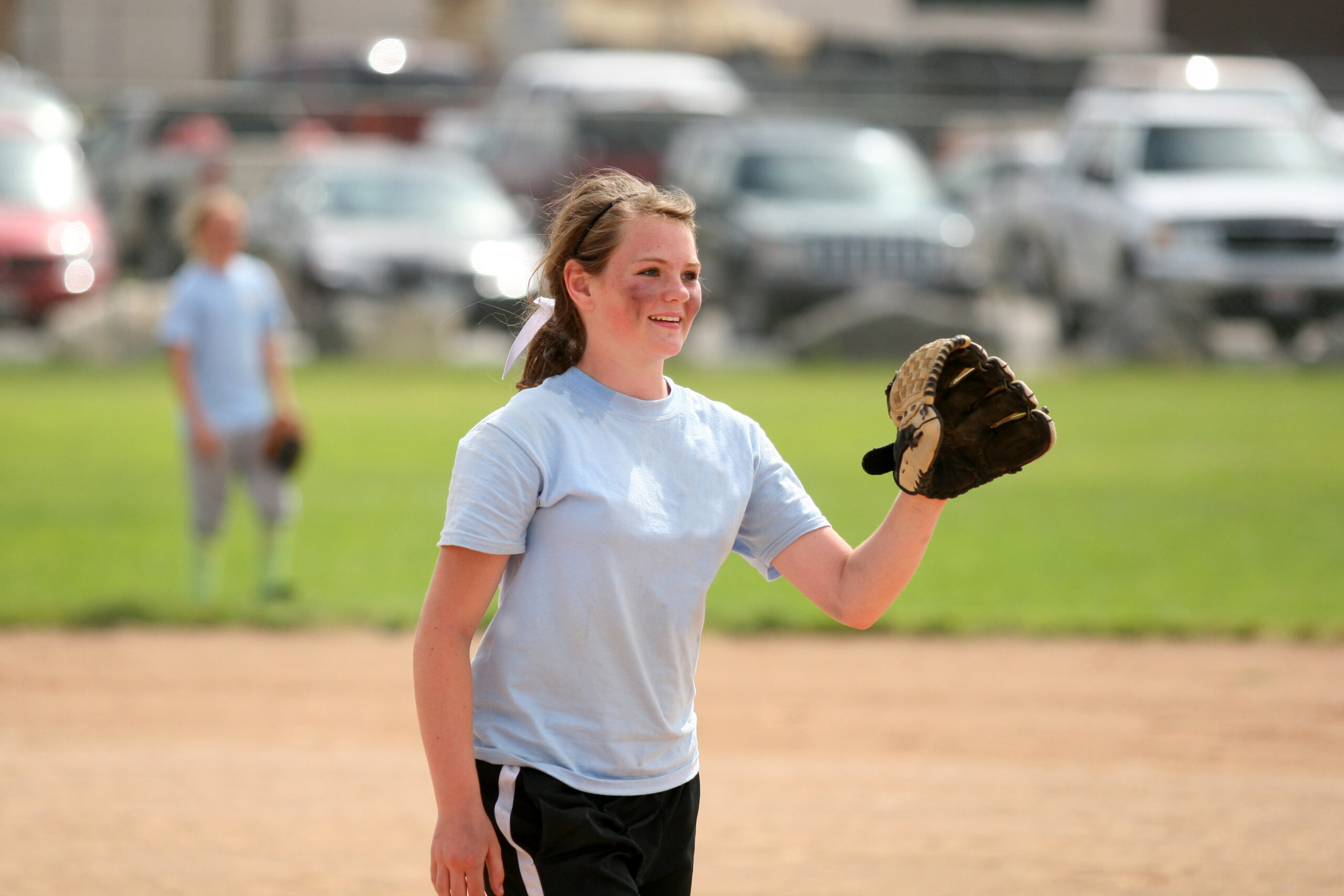My jaw was on the floor as my friend Lauren told me about a coach at her daughter’s soccer field. “He leaned back on the bench with his hands folded behind his head and screamed, ‘If you kids aren’t gonna play, I’m not gonna coach!’” The kids are 8 and 9.
She called the head of the league and said, “You need to get over here.” Meanwhile, another mom started yelling at him. How would you react? Are you also dealing with an intense, abusive, or bullying coach? Here are 5 ideas for how to handle a bad coach as a parent.
1. Realize the ramifications of the coach’s actions.
The first step in how to handle a bad coach as a parent is to realize the harmful effects he or she can have on your child. This isn’t the time to look the other way. A friend who played high school football told me he was a ball of nerves on game days, not because he was worried about a win or loss, but because he knew a mess up on the field would mean getting called names and reamed out on the sidelines. As it got closer to Friday, he hardly slept or ate, and his anxiety was through the roof.
Studies done by Penn State and UCLA found bullying from coaches can negatively affect the child’s self-worth, cause the child to dislike the sport, and affect the child’s ability to process the lessons being taught at practice. In other words, all the good that can come from participating in sports can quickly be undone by a coach who needs to take a chill pill.
2. Reiterate the message you want your child to take to heart.
I live next to a Little League field and often hear coaches yelling at players. “Get it together or get off the field!” was one of the more cringey lines I heard last season. But I also hear parents cheering for their kids with shouts of “You’ve got this!” and “Way to run hard!”
If the coach is brutal, be a voice reinforcing the messages you want your child to take to heart. “I love watching you out on the field” is a great statement to say to your child that her worth doesn’t hinge on whether or not she made the play.
3. Reason with the coach.
Like any confrontation, you’ll catch more flies with honey than vinegar. Coaching isn’t easy, and many coaches are volunteers who’ve never been trained. So try telling him you appreciate the effort he puts in. Then acknowledge that he’s the one wearing the “coach” hat, and offer some feedback. “You’re the coach, not me, but I watch the kids’ faces as you yell. I think they’ll respond to a more constructive approach.”
Unfortunately, not every coach can be reasoned with; some enjoy their power over players and parents. If you hit a wall, or worse, if the coach punishes your child because you’ve offended him, it’s time to go up the ladder.
4. Report the coach.
It was drilled into me as a child not to tattle, so it’s hard to shake the icky feeling of going to a superior to complain about a coach. Go in with a clean conscience by doing two things first. One, speak to the coach yourself. Two, ask yourself if this is a personal issue and if you’re offended because your child isn’t getting playing time.
If you’re looking for how to handle a bad coach as a parent, remember there’s power in numbers. If more than one family agrees that the coach is a bully or abusing his power, approach the director together with your concerns.
Choosing to stay or leave an activity is never an easy choice, but you’ll never regret putting your child’s well-being first. Click To Tweet5. Recognize when it’s time to pull your child out.
Sometimes, the issues with coaches come from the top down, and reporting a bullying coach gets you nowhere. If that’s the case or you see that this coach isn’t going to change, it’s time to make a tough decision.
My friend’s daughter, Lacey, was struggling with extreme anxiety with volleyball, and even though she loved the game, the pressure from the coach was too much. It was a hard decision to pull her out, but now Lacey has taken up horseback riding and is feeling better mentally and physically. Choosing to stay or leave an activity is never an easy choice, but you’ll never regret putting your child’s well-being first.

What experiences have you had with a coach? What have you seen great coaches do to encourage kids?










